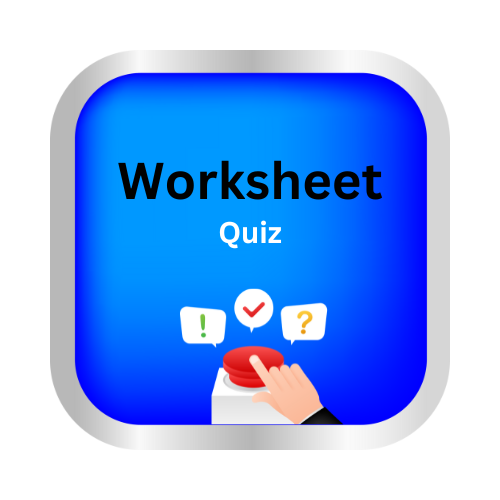Find antonyms in context
Key Notes :
| What are Antonyms? |
Antonyms are words that have opposite meanings. Think of them as being on opposite sides of a coin! For example:
- Happy is the antonym of sad
- Hot is the antonym of cold
- Big is the antonym of small
| Finding Antonyms in Context |
Sometimes, you won’t be told directly what the antonym of a word is. You have to use the context (the surrounding words and sentences) to figure it out. Here’s how:
- Read the sentence carefully: Understand the main idea.
- Identify key words: Which words seem important to the meaning?
- Look for contrast: Are there words or phrases that suggest an opposite idea or situation?
- Think of opposites: What word would make sense as the opposite of the key word in that sentence?
Example:
‘The day started out gloomy, but by noon, the sun was radiant. ‘
- Key word: gloomy
- Contrast: ‘but by noon, the sun was radiant’
- Antonym of gloomy: radiant (or sunny, bright)
- ‘The soup was too salty, so I added some sugar to make it sweet.’ (Antonyms: salty/sweet)
- ‘Instead of being brave, he felt afraid.’ (Antonyms: brave/afraid)
- ‘The path was narrow at the start, but soon became wide.’ (Antonyms: narrow/wide)
| Time for Practice! |
Read the following sentences and find the antonyms for the underlined words.
- The cat was awake during the day, but asleep at night.
- The question was very easy, but the answer was difficult.
- She agreed to help, but later refused.
- The classroom was incredibly noisy, then suddenly became quiet.
- The material felt very rough, but the lining was really smooth.
Answers are below:
- asleep
- difficult
- refused
- quiet
- smooth
| Summary |
In these notes, we covered what antonyms are, how to identify them within the context of a sentence, and worked through some examples. Remembering to think of the opposite meaning is key to identifying antonyms.
Let’s practice
Pages: 1 2

